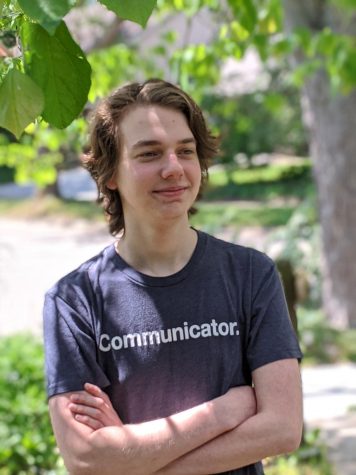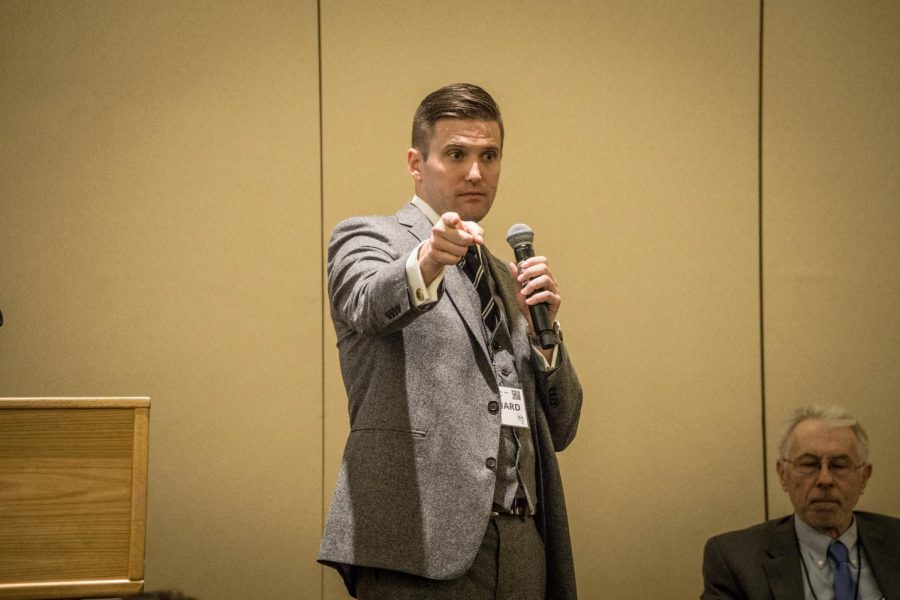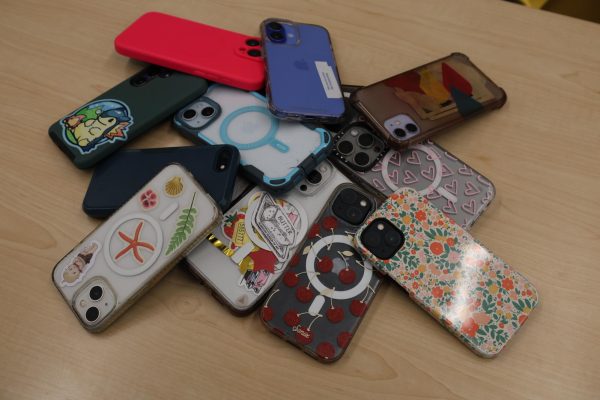Free Speech or Unlawful Speech?
When you search the name Richard Spencer on Google, 109,000,000 results pop up instantly. The top four hits are all news outlets or major websites naming him a white supremacist. The fifth hit is about someone punching him in the face.
Is this really someone we want speaking in our city, on our university’s campus?
On Tuesday, Nov. 21, University of Michigan ( U of M) President Mark Schlissel announced that the University would begin discussions with Spencer’s group on allowing him to rent space for a speech on campus. Schlissel said Michigan is “legally prohibited from blocking such requests based solely on the content of that speech.”
While the U of M cannot legally keep Spencer out based on his speech’s content, they do have grounds to deny it for other reasons. Recently, Ohio State University, Auburn University, the University of Florida, and Michigan State University (MSU) have all denied requests from Spencer’s group to come and speak. MSU, for example, gives a compelling reason for their denial, saying in a statement that “this decision was made due to significant concerns about public safety in the wake of the tragic violence in Charlottesville.” U of M shouldn’t allow Spencer to give a speech that will make many of its students feel uncomfortable and potentially even unsafe. The University must not let threats of a lawsuit scare it into yielding.
Supporters of Spencer, and others like Schlissel, say that denying Spencer’s request to speak would be a violation of the protection of free speech in the Bill of Rights.
But is it really? The Constitution states that Congress shall make no law “abridging the freedom of speech, or of the press.” But freedom of speech is not all-encompassing—it has limits, the classic one being that you can’t shout “fire” in a crowded theater. Speech that may incite violence, or is intended to threaten, has been prohibited by the Supreme Court in cases such as Chaplinsky v. New Hampshire, clarifying how speech that may cause an immediate breach of the peace is not protected; Virginia v. Black clarifies that speech calculated to intimidate is also not protected.
In August, Spencer spoke to a crowd in Charlottesville, Virginia at a rally protesting the removal of Confederate General Robert E. Lee’s statue. Later in the very same protest, 19 people were injured and one woman died when a Neo-Nazi ran his car into counter-protesters. This is a clear example of free speech crossing a line and becoming dangerous speech, speech which incites violence and threatens the safety of others.
A final opinion, suggested by U of M Regent Shauna Ryder Diggs, is that Ann Arbor should just ignore Spencer if he comes to speak, and not give him the publicity he craves and the satisfaction of creating an uproar and getting a lot of publicity. This idea is good—to a point. But there comes a time where this attitude becomes too complacent. If we let Spencer say whatever he wants, do whatever he wants, we are creating an environment of tolerance for his and others’ hate speech and racism. We must show him that his message is not acceptable, and not what we believe in as a city, as a state, or as a country.
Now, as U of M students conduct a week of walkouts, protests, and strikes to show commitment to their ideals, we as Community High students can do our part by contacting U of M administrators, joining in protests, and showing our support. We must send the message that Richard Spencer and his racist, hateful, and close-minded monologue should not and cannot be allowed in our city and university.









